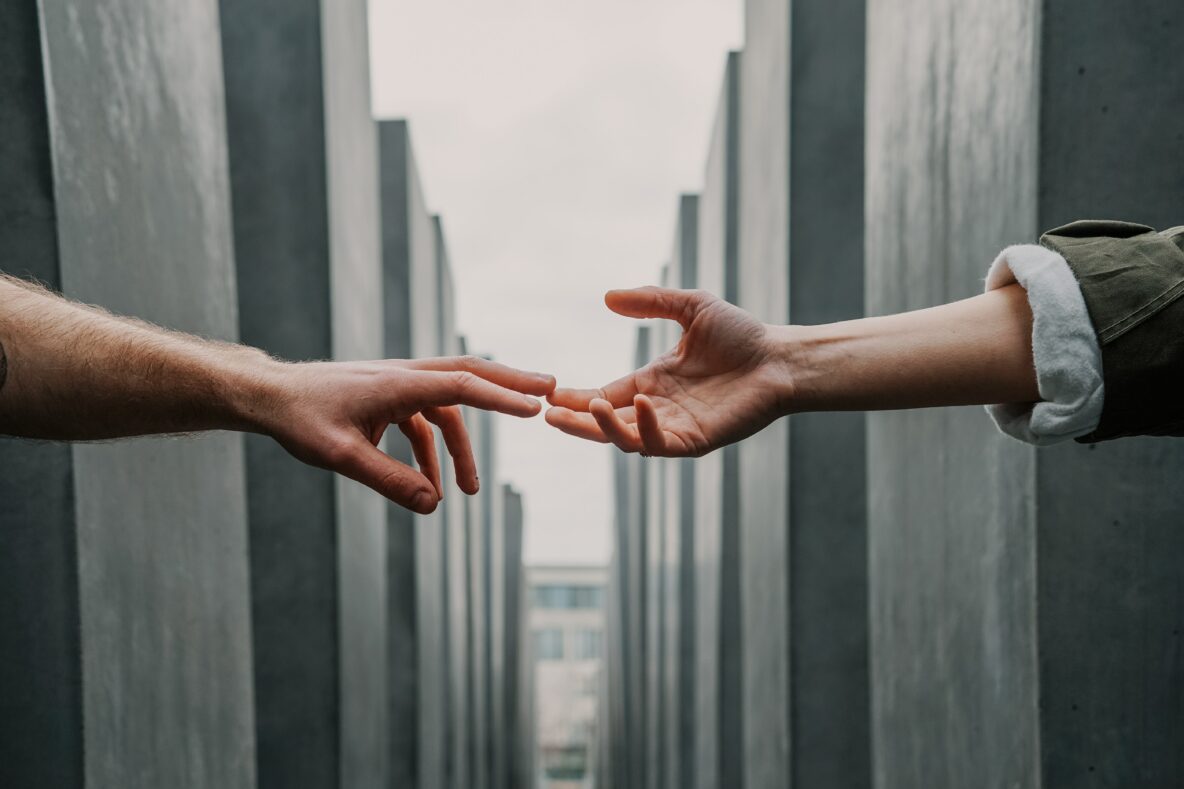Couples therapy often conjures an unromantic image, associated with patience, arduous work, and uncomfortably intimate discussions about matters we would rather avoid contemplating, let alone discuss with both our partner and a trained stranger. Our culture places great emphasis on trusting and following our feelings. However, couples therapy understands that relying solely on our feelings can lead to disaster, as our emotions are often influenced by deep-seated and primitive responses from our troubled past. Therefore, couples therapy encourages a wiser approach: stepping back from our initial impulses, neutralizing them through understanding, and redirecting them toward less self-punishing and more trusting directions.
Committing to, and living alongside another person is undeniably one of the most challenging endeavors we undertake in life. Couples therapy offers valuable lessons that can benefit us in profound ways. Firstly, within the confines of a quiet room, we have a unique opportunity to define and articulate the true problems within our relationship without immediately descending into shouting matches, sulking, or pessimistic avoidance. When we are consumed by anger or sadness, we often find it difficult to express to our partner, in a way they would genuinely understand, the reasons behind our intense emotions. In the presence of a stranger whom both partners feel somewhat intimidated by, we can communicate our feelings frankly yet reasonably, without resorting to patterns of resentment and repressed anger.
Secondly, counsellors possess the skill to delve into the emotional significance underlying our grievances. Left to our own devices, we tend to focus on surface-level conflicts, such as where to go on the weekend, rather than exploring the deeper internal meanings associated with our positions. Consequently, our partners perceive us as stubborn and unkind, and the profound and poignant aspects of our perspectives remain overlooked.
Thirdly, counsellors assist in unraveling unseen patterns of upset and retaliation. A common therapeutic technique involves asking both parties to complete a sentence: “When you ___, I feel ___, and I respond by ___.” Through this exercise, recurring dynamics of conflict and reaction become apparent. With the counsellor acting as a fair mediator, new agreements can be established, such as: “If you do A, I will do B.” By attaining even a small portion of what we genuinely desire (often unexpressed), the needs of our partner become less burdensome and unfriendly.
Occasionally, the advice offered in couples therapy may appear meticulously detailed. For instance, we might be asked to identify three things we resent about our partner, followed by three things we deeply appreciate. Moreover, it is crucial to keep our criticisms specific rather than resorting to general statements like “You’re distant and unappreciative.” Instead, we can express our needs by saying, “If you could text me when you’re going to be late, then…”
Through therapy, we are faced to abandon negative beliefs about human nature and our chances in love. We begin to realize that vulnerability does not necessarily guarantee harm; there is a possibility for growth through explanation and attentive listening. Couples therapy provides a secure environment for discarding the scripts ingrained in us during our upbringing, which often propagate the notion that being understood is a futile endeavor.
Moreover, we can develop empathy for one another’s pain. A skilled counsellor will inquire about our experience when our partner describes their feelings in certain situations. This newfound empathy enables us to care for each other, acknowledging that our partner—much like us—may have imperfect ways of expressing their understandable and poignant needs.
Couples therapy is a forum where we can learn how to love. We’re normally so embarrassed at not knowing how to do so, we leave things until we are too angry or miserable to do anything but hate. The most hopeful and therefore romantic thing we can ever do in love is sometimes declare that we haven’t yet learned how to love – but, with a little help, are very interested to learn one day.

